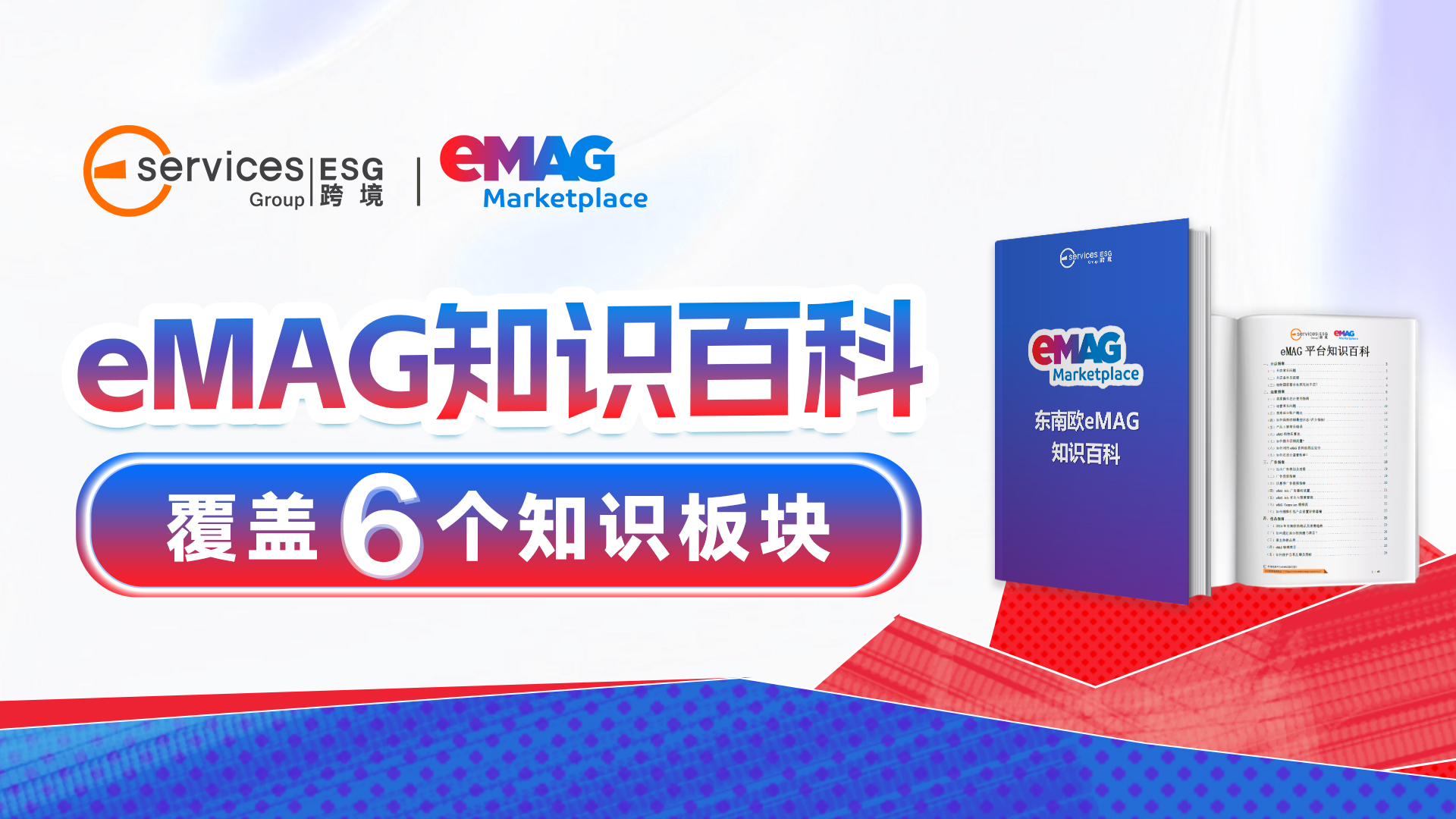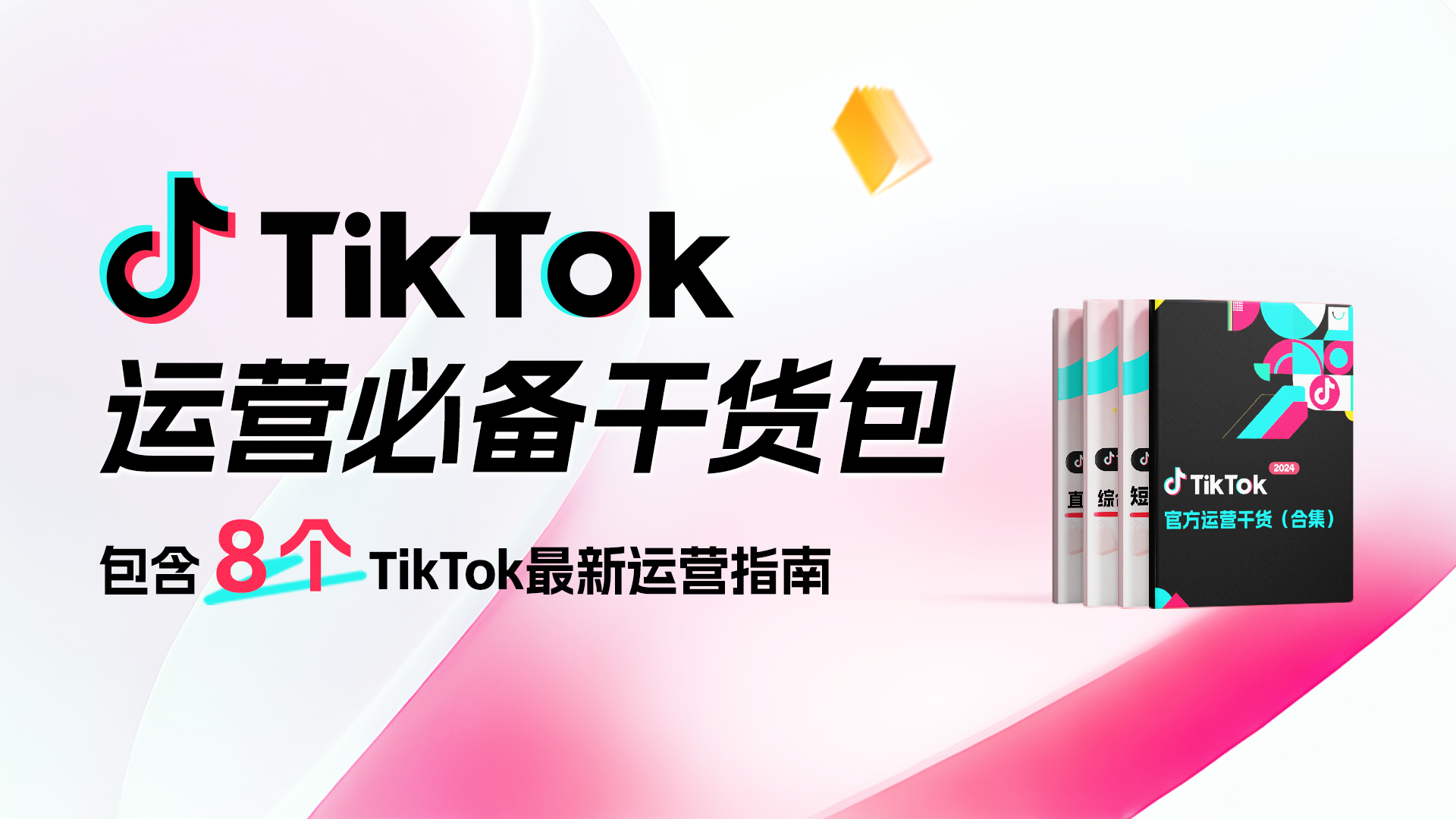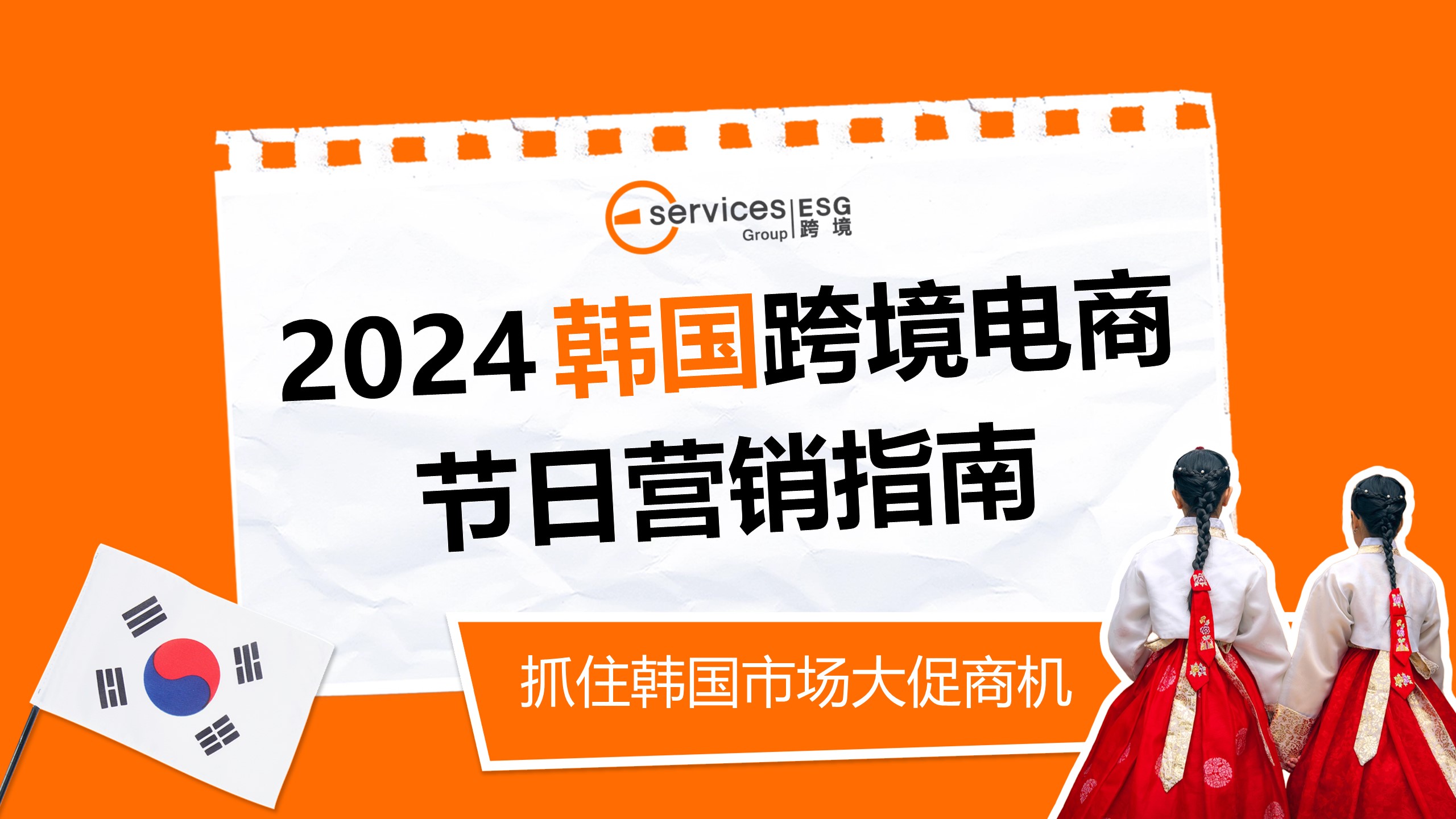貨物在亞馬遜運營中心存放超過一年如何收取長期倉儲費?
貨物在亞馬遜運營中心存放超過一年如何收取長期倉儲費?
亞馬遜物流長期倉儲費
我們將對在運營中心存放超過 365 天的庫存按每立方英尺 $6.90 或每件商品 $0.15(以較大值為準(zhǔn))收取月度長期倉儲費 (LTSF)。我們將于每月 15 日評估長期倉儲費。
長期倉儲費用示例
| 玩具: 11 x 8 x 2 英寸 | 存放時間 | 每立方英尺所適用的長期倉儲費 | 每件商品所適用的長期倉儲費 | 收取的長期倉儲費(以較大值為準(zhǔn)) |
|---|---|---|---|---|
| 1 件商品 | 超過 365 天 | $0.70 | $0.15 | $0.70 |
| 2 件商品 | 超過 365 天 | $1.41 | $0.30 | $1.41 |
| 10 件商品 | 超過 365 天 | $7.03 | $1.50 | $7.03 |
| 圖書: 8 x 6 x 0.5 英寸 | 存放時間 | 每立方英尺所適用的長期倉儲費 | 每件商品所適用的長期倉儲費 | 收取的長期倉儲費(以較大值為準(zhǔn)) |
|---|---|---|---|---|
| 1 件商品 | 超過 365 天 | $0.10 | $0.15 | $0.15 |
| 2 件商品 | 超過 365 天 | $0.19 | $0.30 | $0.30 |
| 10 件商品 | 超過 365 天 | $0.96 | $1.50 | $1.50 |
如何確定需要支付費用的庫存
可以使用“庫齡”報告和“庫存狀況”報告確定您庫存中的哪些 ASIN 需要支付長期倉儲費。針對每個 ASIN,您可以按其存放在運營中心的時長查看庫存:
0 至 90 天
91 至 180 天
181 至 270 天
271 至 365 天
超過 365 天
此信息可幫助您估算在下一個庫存清點日之前已在運營中心存放超過 365 天的商品數(shù)量。
“建議移除”報告還可以幫助您確定需支付長期倉儲費的商品。該報告自動按 ASIN 計算為了避免產(chǎn)生長期倉儲費您需要移除的商品數(shù)量(假設(shè)不會再發(fā)生相關(guān)銷售)。 該報告會列出每個長期倉儲費收費日期之前 30 天內(nèi)需支付長期倉儲費的商品。
前往賣家賬戶中的【庫存】選項卡,然后點擊【庫存規(guī)劃】,即可找到“庫齡”頁面。對于“庫存狀況”報告和“建議移除”報告,請前往【數(shù)據(jù)報告】選項卡,然后點擊【庫存和銷售報告】。
您的庫存: 先進(jìn)先出
長期倉儲費是月度庫存?zhèn)}儲費之外的費用。我們根據(jù)運營中心收到商品的日期對此項費用進(jìn)行評估。
我們只對在運營中心存放 365 天以上的商品評估長期倉儲費。
亞馬遜物流在整個配送網(wǎng)絡(luò)中按照先進(jìn)先出 (FIFO) 的原則計算庫齡。無論實際配送或移除的是哪些商品,亞馬遜物流都會從在配送網(wǎng)絡(luò)內(nèi)存放最久的庫存中扣除售出或移除的商品。
例如,如果運營中心員工取件并配送最近才送達(dá)運營中心的商品,亞馬遜物流仍會從最早的有貨庫存中扣除該商品。
如何避免產(chǎn)生長期倉儲費
積極管理送達(dá)時間較早的庫存可幫您避免長期倉儲費。要在下一個庫存清點日之前移除送達(dá)時間較早的庫存,您可以執(zhí)行以下操作:
提交移除訂單
為需要支付長期倉儲費的庫存設(shè)置自動移除
【提交移除訂單:】 如果您在清點日之前提交了庫存移除訂單,這些庫存將不會產(chǎn)生長期倉儲費,即使庫存在清點日之前并未實質(zhì)性移除也并不影響。提交移除訂單的截止時間為當(dāng)月 14 日晚上 11:59(太平洋時間)。
處于可售狀況的庫存在完成移除之前都可進(jìn)行銷售。在我們將庫存退還給您或棄置之前,不會向您收取移除訂單費用。
即使商品在支付了長期倉儲費后售出,您也無法為這筆費用申請退款。
【設(shè)置自動移除:】 如果您在每月 15 日之前為需要支付長期倉儲費的庫存設(shè)置了自動移除,則無需為該庫存支付長期倉儲費。要設(shè)置自動移除,請轉(zhuǎn)至賣家平臺中的【設(shè)置】菜單,然后點擊【亞馬遜物流】。
您可以移除需要支付長期倉儲費的所有庫存,也可以選擇價格范圍來確定要移除的商品。您也可以選擇將價格高于特定金額的庫存保留在運營中心,并僅為這些商品支付長期倉儲費,然后讓我們將其余庫存退還給您或棄置。您需要支付標(biāo)準(zhǔn)移除費用。有關(guān)更多信息,請參閱自動移除庫存。
處于可售狀況的所有未移除商品仍可進(jìn)行銷售,并可以享受亞馬遜 Prime 和免費配送服務(wù)。
何時可以對庫存進(jìn)行補(bǔ)貨?
如果您移除了在下個庫存清點日需要支付長期倉儲費的 ASIN 商品,您將無法在該日期之后的三個月內(nèi)向我們運送該 ASIN 的更多商品。例外情況是,該 ASIN 的庫存低于我們對其未來八周銷量的預(yù)估值。
【庫存清點日起三個月后】: 此時會解除基于移除商品的限制。例如,如果您在 2 月 15 日庫存清點之前,也就是 1 月 16 日至2 月 14 日晚上 11:59(太平洋時間)之間移除庫存,則從 5 月 15 日起,您才可以將此 ASIN 的更多商品運送至運營中心(除非出于其他原因,您運送此 ASIN 商品的能力受限)。 例如,如果您在 9 月 15 日庫存清點日之前,也就是 8 月 16 日至9 月 14 日晚上 11:59(太平洋時間)之間移除庫存,則從 12 月 15 日起,您才可以將此 ASIN 的更多商品運送至運營中心(除非出于其他原因,您運送此 ASIN 商品的能力受限)。
【庫存水平低于銷售預(yù)測】: 我們根據(jù)過去 90 天內(nèi)您某個 ASIN 的平均銷售率,對未來 8 周內(nèi)該 ASIN 的銷售量進(jìn)行預(yù)估。如果該 ASIN 的庫存可維持銷售的周數(shù)少于八周,則基于移除商品的限制將被解除,您可以將更多商品運送至運營中心。
您對該 ASIN 的庫存利用率不得超出過去 90 天的銷量(約為 13 周的存貨量)。庫存利用率是您的有存貨庫存,加上正在運往運營中心的庫存,運送流程涉及從創(chuàng)建貨件訂單到運營中心收到貨件。
您可以運送多少新庫存?
例如,如果您移除的 ASIN 在過去 90 天內(nèi)售出了 180 件商品,我們會根據(jù)這一計算結(jié)果預(yù)測您接下來八周的銷量為 112 件商品: 180/90(每天售出的商品數(shù)量)x 7(每周的天數(shù))x 8(周數(shù))。
下表提供了更多示例,說明在您移除了需要支付長期倉儲費的商品后,您可以向運營中心運送多少新庫存。
| 過去 90 天內(nèi)的銷量 | 預(yù)計銷量(未來 8 周) | 在發(fā)往運營中心途中的庫存 | 有存貨庫存 | 庫存利用率 | 預(yù)計銷量是否超過庫存總量? | 您可以運送的商品數(shù)量 |
|---|---|---|---|---|---|---|
| 270 | 168 | 70 | 100 | 170 | 否 | 0 |
| 270 | 168 | 70 | 85 | 155 | 是 | 115 |
| 1,000 | 622 | 500 | 200 | 700 | 否 | 0 |
| 1,000 | 622 | 500 | 100 | 600 | 是 | 400 |
| 9 | 6 | 12 | 10 | 22 | 否 | 0 |
| 9 | 6 | 3 | 2 | 5 | 是 | 4 |
注意: 如果因在較早的長期倉儲費計算周期內(nèi)移除商品而對您運送到運營中心的 ASIN 數(shù)量有以往限制的話,您需要遵循最長的限制。
FBA long-term storage fees
Inventory that has been in a fulfillment center for more than 365 days will be charged a monthly long-term storage fee (LTSF) of $6.90 per cubic foot or $0.15 per unit, whichever is greater. Long-term storage fees are assessed on the 15th of each month.
Long-term storage fee examples
Toy: 11 x 8 x 2 inches Storage duration Applicable cubic-foot LTSF Applicable per-unit LTSF Billed long-term storage fee (the greater of the two) 1 unit More than 365 days $0.70 $0.15 $0.70 2 units More than 365 days $1.41 $0.30 $1.41 10 units More than 365 days $7.03 $1.50 $7.03
Book: 8 x 6 x 0.5 inches Storage duration Applicable cubic-foot LTSF Applicable per-unit LTSF Billed long-term storage fee (the greater of the two) 1 unit More than 365 days $0.10 $0.15 $0.15 2 units More than 365 days $0.19 $0.30 $0.30 10 units More than 365 days $0.96 $1.50 $1.50 How to identify inventory subject to fees
Use the Inventory Age and Inventory Health reports to identify which ASINs in your inventory are subject to long-term storage fees. For each ASIN, you can see your inventory by the amount of time it has been in a fulfillment center:
0 to 90 days
91 to 180 days
181 to 270 days
271 to 365 days
More than 365 days
This information can help you estimate the number of items that will have been in a fulfillment center for more than 365 days by the next inventory cleanup date.
The Recommended Removals report can also help you identify items subject to long-term storage fees. This report automatically calculates, on an ASIN-by-ASIN basis, the number of items you would have to remove to avoid long-term storage fees — assuming no further sales. This report identifies items that are subject to long-term storage fees up to 30 days before each long-term storage fee charge date.
To find the Inventory Age page, go to the Inventory tab in your seller account, then Inventory Planning. For the Inventory Health and Recommended Removal reports, go to the Reports tab, then Fulfillment.
Your inventory: First in, first out
The long-term storage fee is in addition to the monthly inventory storage fee. Assessment is based on the date an item is received in the fulfillment center.
Only items that have been in a fulfillment center for more than 365 days will be assessed a long-term storage fee.
FBA calculates inventory age on a first-in, first-out (FIFO) basis across the entire fulfillment network. Items sold or removed are deducted from the inventory that has been in the fulfillment network the longest, regardless of which unit was actually shipped or removed.
For example, if a fulfillment center associate picks and ships a unit that arrived in the fulfillment center recently, FBA will still deduct that unit from the oldest inventory in stock.
How to avoid long-term storage fees
Active management of older inventory can help you avoid long-term storage fees. To remove older inventory before the next inventory cleanup date, you can:
Submit a removal order
Set up automated removals for inventory subject to long-term storage fees
Submit a removal order: If you submit a removal order for inventory before the cleanup date, that inventory won’t incur a long-term storage fee, even if it isn’t physically removed before the cleanup date. The deadline for submitting a removal order is 11:59 p.m. (PT) on the 14th of the month.
Inventory in sellable condition will be available for sale until the removal is complete. You will not be charged a removal order fee until the inventory has been returned to you or disposed of.
Items that sell after having incurred a long-term storage fee are not eligible for a refund of that fee.
Set up automated removals: If you set up automated removals by the 15th of each month for inventory that is subject to long-term storage fees, that inventory won’t be charged long-term storage fees. To set up automated removals, go to the Settings menu in Seller Central and click Fulfillment by Amazon.
You can enable removal of all inventory subject to long-term storage fees or select a price range to determine which items are to be removed. You can also keep inventory that is priced above a certain amount in the fulfillment center, pay the long-term storage fees for those items only, and have the remaining items returned to you or disposed of. Standard removal fees apply. For more information, see Remove inventory automatically.
Any unremoved items that are in sellable condition will continue to be available for sale and will be eligible for Amazon Prime and free shipping.
When can you replenish your inventory?
If you remove units of an ASIN that would be subject to long-term storage fees at the next inventory cleanup date, you won't be able to send us more units of that ASIN for three months after that date. The exception is your inventory of that ASIN falls below our projection of its sales for the next eight weeks.
Three months after the inventory cleanup date: Restrictions based on removals are lifted at this point. For example, if you remove inventory before the February 15 inventory cleanup—between January 16 and 11:59 p.m. (PT) on February 14 — you’ll be able to send more units of that ASIN to fulfillment centers starting on May 15 (unless your ability to send units of that ASIN has been restricted for another reason). For example, if you remove inventory before the September 15 inventory cleanup — between August 16 and 11:59 p.m. (PT) on September 14 — you’ll be able to send more units of that ASIN to fulfillment centers starting on December 15 (unless your ability to send units of that ASIN has been restricted for another reason).
Inventory level falls below sales projection: We base our projection of your sales of an ASIN for the next eight weeks on your average sales rate for that ASIN during the preceding 90 days. At any point that your inventory level for that ASIN falls below eight weeks of cover, the removal-based restriction is lifted and you can send more units to fulfillment centers.
Your inventory utilization for that ASIN may not exceed the preceding 90 days of sales, or about 13 weeks of cover. Inventory utilization is your in-stock inventory plus any inventory on its way to a fulfillment center, from creation of a shipment order to receiving at the fulfillment center.
How much new inventory can you send?
As an example, if the ASIN you removed sold 180 units in the preceding 90 days, we would project your sales for the next eight weeks as 112 units based on this calculation: 180/90 (units sold/day) x 7 (days/week) x 8 (weeks).
If your inventory utilization fell below projected sales (112), you could send more units of that ASIN to an Amazon fulfillment center, up to the number sold in the previous 90 days (180). That is, if your inventory utilization fell to 111 units, you could send up to 69 more units to the fulfillment center (180 - 111 = 69).
The table below provides more examples of how much new inventory you can send to fulfillment centers after you’ve removed items subject to long-term storage fees.
Sales in preceding 90 days Projected sales (next 8 weeks) Inventory on its way to a fulfillment center In-stock inventory Total inventory utilization Do projected sales exceed total inventory? Number of units you can send 270 168 70 100 170 No 0 270 168 70 85 155 Yes 115 1,000 622 500 200 700 No 0 1,000 622 500 100 600 Yes 400 9 6 12 10 22 No 0 9 6 3 2 5 Yes 4 Note: If there is a prior restriction on sending your ASIN to fulfillment centers because of a removal during an earlier long-term storage fee cycle, the longest restriction will apply.
點擊咨詢現(xiàn)在有哪些新興平臺值得關(guān)注 >>>
特別聲明:以上文章內(nèi)容僅代表作者本人觀點,不代表ESG跨境電商觀點或立場。如有關(guān)于作品內(nèi)容、版權(quán)或其它問題請于作品發(fā)表后的30日內(nèi)與ESG跨境電商聯(lián)系。
二維碼加載中...
使用微信掃一掃登錄
使用賬號密碼登錄
平臺顧問
微信掃一掃
馬上聯(lián)系在線顧問
小程序

ESG跨境小程序
手機(jī)入駐更便捷
返回頂部










 市場合作:shichangbu@eservicesgroup.com
市場合作:shichangbu@eservicesgroup.com





